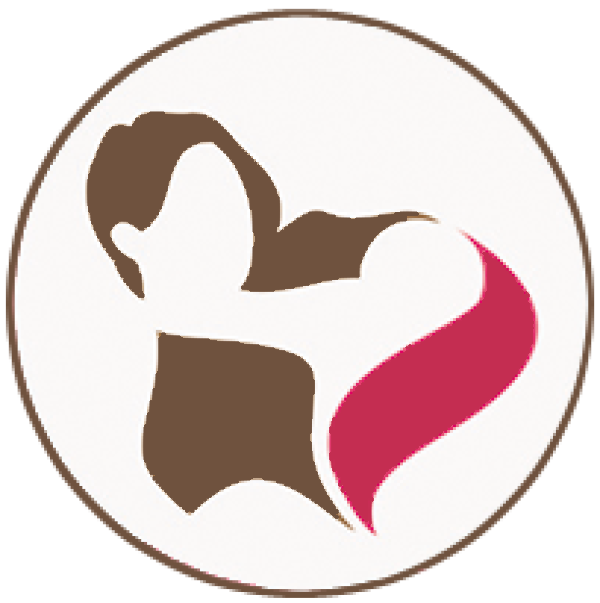A couple of weeks ago, I found myself face-to-face with a common breastfeeding "booby trap," unnecessary formula supplementation in the hospital. What was different this time was that I was not the lactation consultant but a family member of the newborn, which gave me more leverage than the lactation professionals who work there. For this reason, I felt obligated to write to the hospital's director of mother-infant services, and, yes, even the CEO. When parents and other family members speak up, this is taken seriously because hospital administrators consider "patient satisfaction" high on their priority lists. The letter below describes what happened. Please feel free to borrow from it if you need to send a similar letter to your own hospital. --Nancy
I’m writing to make you aware of an incident that occurred on March 6 in your newborn nursery after the birth of one of my family members, Baby LR, and to ask for your response.
I was asked to come to the hospital as a support person when Baby LR was born because of my training as a lactation consultant. When I arrived outside the newborn nursery where Baby LR had been brought after her birth by cesarean, the first thing I saw was the Patient Care Technician (PCT) explaining to Baby LR’s father, RR, that she would be feeding Baby LR a bottle of formula. I saw RR tell the PCT that they were planning to breastfeed and ask her not to give the formula. According to him, her response was “We know what we’re doing,” which was patronizing at best, followed by her assertion that she was following hospital policy. She told him that because Baby LR was large-for-gestational age (9lb 6oz), she was required to be fed within one hour after birth and since her mother was not yet in her room and ready to breastfeed, Baby LR would be fed formula.
I saw no clinical justification for this practice. Baby LR was full term, healthy, and completely asymptomatic. No blood sugar test had been done, and she was at her mother’s breast within two hours after birth. Because there was no obvious medical reason for this supplementation with formula, I went to the lactation consultant office for clarification. The LC called the nurse in charge and was told that indeed this baby’s blood sugar had never been tested and that it was “policy” to give formula at one hour if she had not gone to breast.
Are you aware that two years ago The Joint Commission released a Perinatal Care Core Measure on exclusive breastmilk feeding? Both The Joint Commission and the Centers for Disease Control and Prevention consider this best practice during the hospital stay and consider unnecessary supplementation with formula problematic because it leads to more negative health outcomes. Hospitals are judged and rated by these organizations on how well their policies support exclusive breastmilk feeding. If this is indeed a policy in your hospital, please explain its rationale. Also, if you consider it vital for a baby to receive her first feeding no later than exactly one hour after birth, why did no one help put baby to breast right after delivery?
Even one bottle of formula changes a newborn’s gut flora, and it takes two to four weeks of exclusive breastfeeding to return it to normal. During the most vulnerable period of life, this puts the infant at increased risk of gastrointestinal infection. It also interferes with the immune system priming that occurs during the early weeks and exposes a newborn to the most common allergen (cow’s milk protein) while her intestinal walls are at their most permeable and she is at greatest risk of allergy sensitization. This is a far-from-harmless practice, and if this baby suffers from any of these health problems, I will consider your hospital legally responsible.
I was told that your hospital’s goal is to become Baby Friendly. If you are indeed considering applying for this important designation, please know that your worthiness for certification as Baby Friendly will depend on your staff giving formula supplementation only “if a medical indication exists.” It appears to me there was no medical indication in this case.
I would appreciate receiving a response from you about this incident. Obviously, it is too late for Baby LR to have the normal early feeding experience her parents had planned, but my hope is that you will reconsider this practice. At the very least, I'm hoping that by speaking up I can help prevent this from happening to other families.
As a Board member of the Chicago Area Breastfeeding Coalition, I am often asked by parents for hospital recommendations. Until this practice is changed, I will be unable to recommend St. Alexius Medical Center to parents seeking a breastfeeding-supportive hospital.
Sincerely yours,
Nancy Mohrbacher, IBCLC, FILCA


